Ottawa’s first “projects of national interest” list contains zero oil pipelines, according to three sources who told Radio-Canada ahead of Thursday’s announcement.
A senior source quoted by Radio-Canada was unequivocal: “There is no [oil] pipeline project on the table,” despite repeated campaign-trail framing of Canada as an “energy superpower.”
Prime Minister Mark Carney previously left the door open, saying “not necessarily pipelines, but maybe pipelines: we’ll see.”
“No private company proposing”
The Prime Minister’s Office has stressed provincial consensus and private sector participation as prerequisites. In back-channel discussions earlier this summer, Carney told Alberta that a private developer must be involved for any pipeline to proceed.
To date, no company has expressed interest in financing or building such a project, the sources indicated.
Alberta Premier Danielle Smith has sought an oil pipeline in the first approvals, specifically a line connecting the oilsands to northern British Columbia. But her office blames today’s regulatory environment for chilling investment. In a written statement to Radio-Canada, Alberta pointed to the oil-and-gas emissions cap and the tanker moratorium off BC’s north coast as policies that must be “changed, modified, or reversed” to attract capital.
In a letter sent after the federal election, Smith warned Carney that omitting a pipeline from the initial list “will perpetuate the current investment uncertainty.”
A federal opposition MP tied the outcome to Bills C-69 and C-48, arguing they were designed to deter proposals, with some analysts finding the resulting regulatory environment unfit for enticing private proponents. Another commentator countered that the lack of bids reflects weak long-run returns, not just policy drag.
Northern Gateway catalyzed the biggest environmental opposition campaign in Canada’s history, one in which the Trudeau Liberals were highly aligned. Trudeau implemented the oil tanker ban and IAA/C-69 specifically to prevent it from being proposed again. These are still in place. pic.twitter.com/PQMxJdhD4t
— Heather Exner-Pirot (@ExnerPirot) September 10, 2025
The entire point of Liberal Bills like C-69 (no new pipelines bill) and C-48 (northern tanker ban) was entirely to ensure that private companies would not "raise a finger to develop such a project".
— Dan Albas (@DanAlbas) September 10, 2025
This is the reason why Carney refuses to repeal these bills. It is by design. pic.twitter.com/f863tshmJM
The discussion is framed by the cost history of Canada’s last major oil pipeline build. Trans Mountain, purchased from Kinder Morgan in 2018 for $4.7 billion after BC opposition and company uncertainty, ultimately required over $34 billion in federal spending to complete, versus an initial $21 billion estimate per Parliamentary Budget Officer data compiled in 2024.
“Evolving”
Finance Minister François-Philippe Champagne said that Ottawa “works very well with Alberta,” adding “We always said that this would be evolving.” He framed the program’s intent as backing projects of “strategic national interest” to “rebuild this country”, with more declarations to come beyond the first tranche.
The government’s opening slate may also reassure the Liberals’ progressive wing. Radio-Canada reported some MPs plan to form a climate-focused caucus to elevate environmental files internally. Since taking office, Carney abolished consumer carbon pricing, passed Bill C-5 to streamline environmental assessments for major projects, and suspended minimum ZEV sales thresholds last Friday.
Conservative Leader Pierre Poilievre said that not listing an oil pipeline will force Canada to keep selling oil to the US at a discount and accused Carney of keeping the “shipping ban, production cap, and industrial carbon tax.”
“The champagne will be pouring at the Trump Tower when they get the news,” he added.
BREAKING: Elbows down.
— Pierre Poilievre (@PierrePoilievre) September 10, 2025
Radio-Canada confirms that Carney will not allow an oil pipeline to be built, and will continue selling our oil at a massive discount to the U.S.
He will keep Trudeau’s shipping ban, production cap, industrial carbon tax that drove hundreds of billions of… https://t.co/W0tmxyIHHG
Conservative MP Melissa Lantsman argued that if pipelines aren’t in the national interest, “neither are paycheques in Alberta” or affordable energy in Ontario.
If pipelines aren’t in the “national interest,” then neither are paycheques in Alberta, affordable energy in Ontario, or most importantly Canadian sovereignty and self-reliance.
— Melissa Lantsman (@MelissaLantsman) September 10, 2025
It was all a lie and as usual ‘national interest” stops where activist virtue signalling begins. https://t.co/Y4FKho8xNc
Ottawa emphasized that natural gas pipelines are not ruled out and that the absence of an oil pipeline in the first wave does not preclude future consideration. Carney told the Liberal caucus that Thursday will bring only the first tranche of approvals under the national-interest banner, with additional projects and updates to follow.
Information for this story was found via CBC and the sources and companies mentioned. The author has no securities or affiliations related to the organizations discussed. Not a recommendation to buy or sell. Always do additional research and consult a professional before purchasing a security. The author holds no licenses.

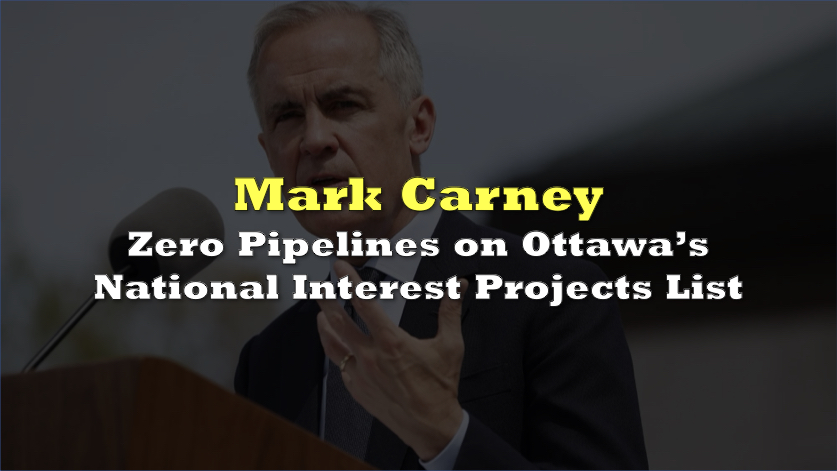



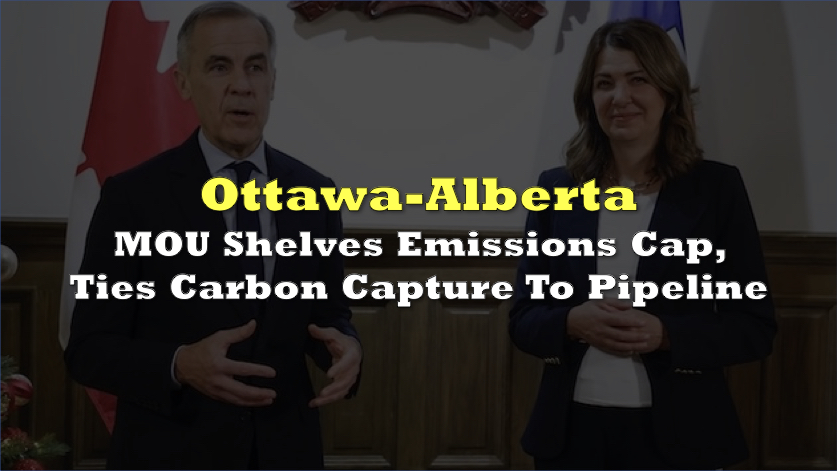
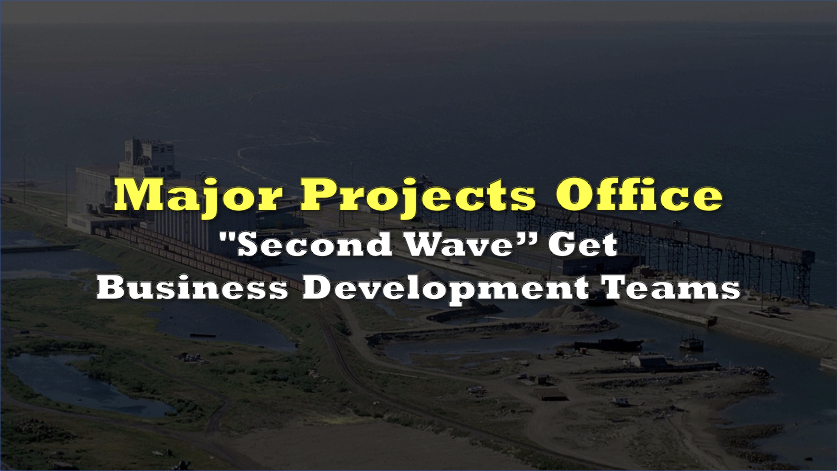
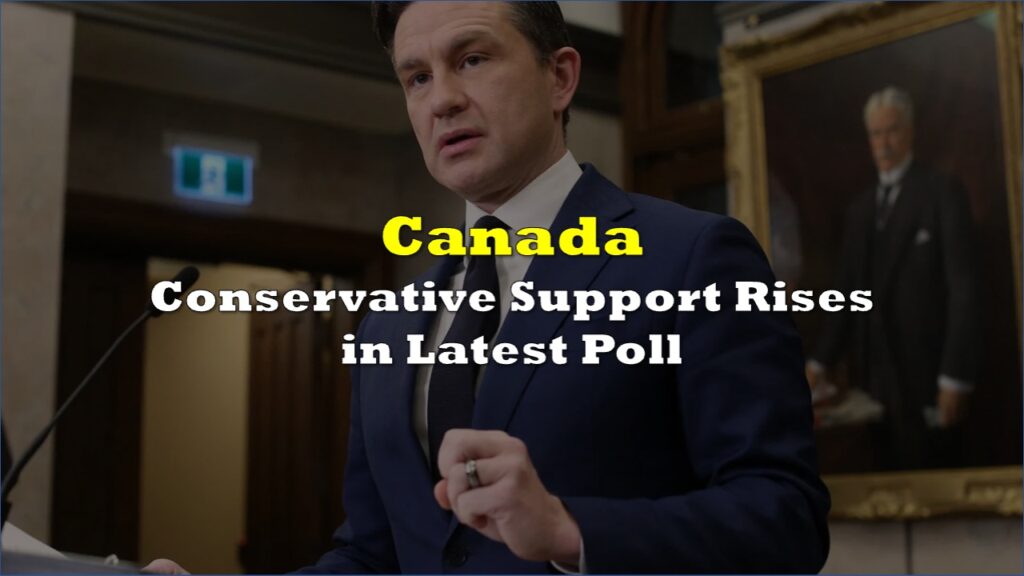
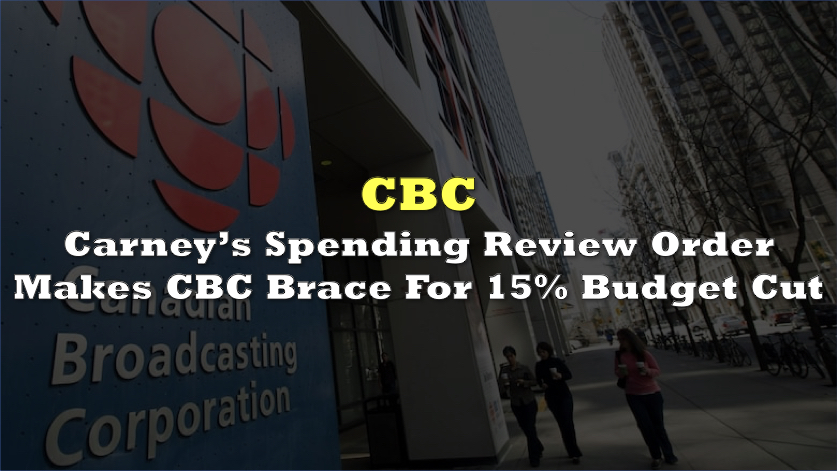
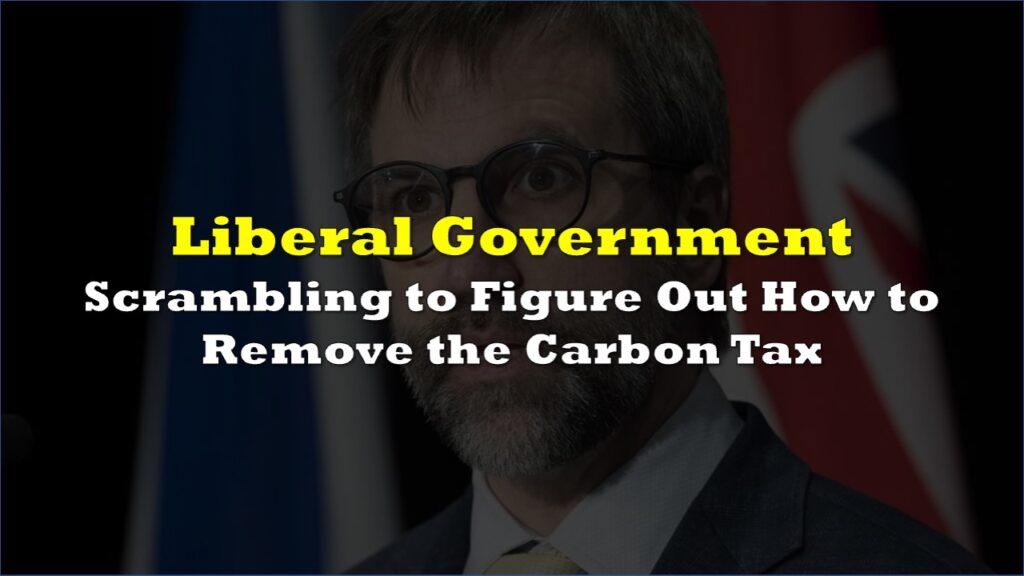
One Response
Danielle Smith only sees Oil and pipelines. PP only sees critiques. He wouldn’t last a day in the office of the PM. Since when did we throw out our climate agenda. BTW Canada has hardly abandoned the oil and gas industry. Full steam ahead there DS. Far from it. It is time for a real National (not Alberta) Energy Strategy. We have nuclear, we have wind and solar (in fact Alb has a strong start in this as well). We have natural gas. And PP keep being 3 months behind PM Carney. He is way ahead of you politically. You just do not realize it because you get your needle stuck on your one liners all the time.